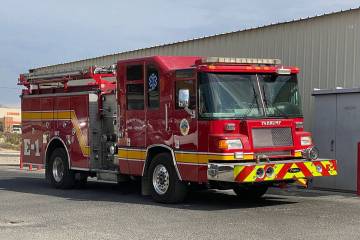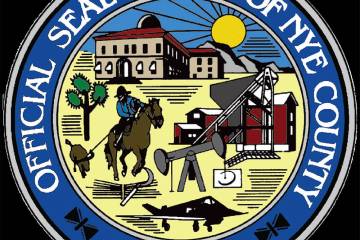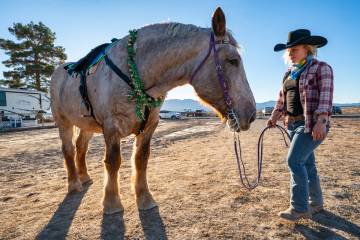Survey: Half of Nevadans plan to vacation locally
Because of the unforeseeable circumstances brought on by the COVID-19 pandemic, many Americans are now facing challenging financial implications, meaning summer might be spent closer to home this year. Additionally, the fear of contracting the disease in public spaces limits activities like traveling, with many preferring to stay in to reduce their risk.
MyBioSource.com, a biotechnological products distribution company, conducted a survey of 7,500 adults across the country to find out where they will be spending their summer vacations. The survey found 50% of Nevadans say they are more likely to vacation in their own state this summer to avoid traveling by plane and reduce the risk of contracting the novel coronavirus, compared to a national average of 55%.
Broken down across the country, Utahans were most enthusiastic about having a staycation this summer, with 85% saying this is likely to happen. By comparison, it appears Mississippians were more eager to get away, as just 25% said they are planning on vacationing locally this summer.
Smaller businesses have suffered severely because of lockdowns as they are less likely to have had financial backup systems in place than larger franchises. The survey found 18% of respondents are looking on the bright side and say that the pandemic will turn out to be a boost for their state’s local tourism industry, as people will be less willing to travel farther by plane.
For many Americans, the economic strain caused by the pandemic means they have kicked their saving habits into gear in order to recover, and 71% of people say there is chance they will skip summer vacation this year in order to save money.
If you have traveled to a coastal city over a summer break, it is understandable why there is cause for concern. The more people on a beach, the closer proximity individuals are to another and the greater the risk of an outbreak. Considering this, 61% of people think there should be limits placed on the number of people allowed onto a beach this summer.
Those who can afford to travel are even willing to spend the extra dollars to reduce their risk of contracting the virus. Over a quarter (28%) of respondents say they would be prepared to pay more for accommodations if it meant there would be a lower occupancy, thus reducing COVID-19 risks.

















